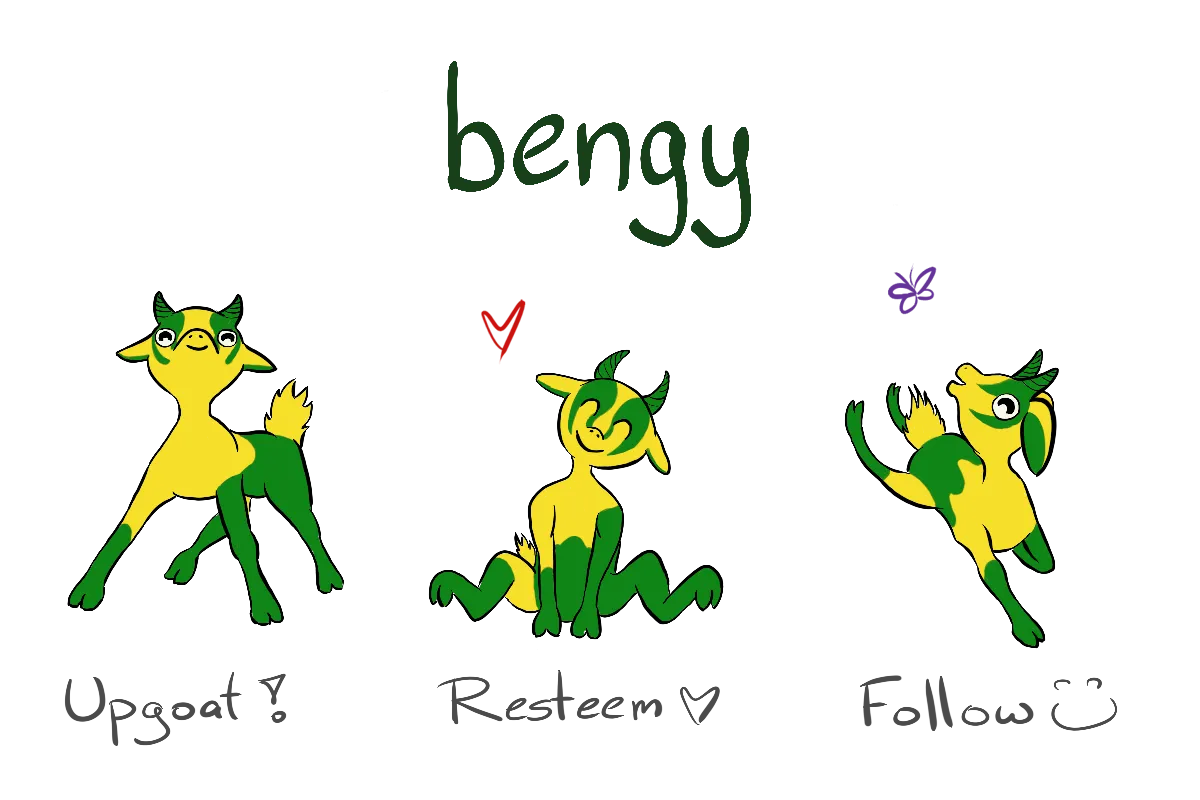
This is my submission for the #archdruid contest (Emotional Gaming Moments) run by @enjar.

Introduction

Games have come a long way since my first introduction to them in the early days of PC gaming. Games from the old Apple II era just weren’t designed to be emotional or story-telling devices, but more an exercise in game mechanics. Likewise, the games from my university days (such as Quake or the original Counterstrike) were not really gripping emotional stories, unless you count the adrenaline rush of a well-executed rocket jump or tension of defusing a bomb with seconds to spare to be emotionally moving. There were games like Starcraft and Wing Commander that tried to layer a story over the bare mechanics, but let’s face it, they were best described as noble first attempts in the genre!
More recently, there has been a growth and maturing in the medium of gaming as a method of telling touching and moving stories. Sometimes, these stories are directed and tightly controlled by the game developers, and at other times they are really emerge from the way the player plays the games. For a narrative to be gripping, there is a need to try and touch and engage the player emotionally. This is a storytelling and performance skill that game development studios are starting to take seriously, and as such, they are starting to focus and recruit talent which allows them to produce games that start to shine as worthy pieces of art, standing proudly alongside the more traditional mediums of books, films and music.
As I have grown older as a person and a gamer, I am finding that the sheer mechanics and adrenaline rush of gaming is not what attracts me anymore. My gaming time is limited, and thus, I want to spend time with well crafted works of quality that are immersive and engage me on a deeper level. Without some sort of emotional connection to the game, I quickly find myself in a bit of a time-killing zombie mode, which is definitely not what I want to be doing with my highly limited and precious gaming time.
Here is a list of five games that I have played recently (well, within the last 5 or so years!) that I have found emotionally engaging, and via that engagement, have compelled me to keep playing! Out of politeness, I will try to avoid any spoilers that might affect other people’s enjoyment of the games, but I’m afraid that some little things will slip through in just talking about the game, so please read on at your own peril!
Here are the games, in no particular order:
1.The Walking Dead (Season 1)
2.Life is Strange
3.Tales from the Borderlands
4.Gone Home
5.XCOM 2 (Long War mod)

I would have to say that the first season of The Walking Dead by Telltale Games, was one of the first of the new generation of story telling games where the story-telling and narrative took first place in engaging the player over the mastering of game mechanics. Choices were meaningful, and the first time that you had to make a choice of who to save, or in a different way of looking at it, who to allow to die was an incredibly memorable and stunningly emotional event.
Playing as Lee Everett, you were put in the role of a reluctant leader, and determined guardian to Clementine, a little girl who is trying to seek out her parents in the aftermath of a zombie apocalypse. The characterisation of both main characters (Lee and Clementine) and their relationship is really something that came close to moving me to tears in its beauty. Your attachment to the characters is done in a masterful way, it never feels heavy handed or forced, and you end up feeling a real drive to protect your little charge, without feeling like it is the dreaded escort mission from other games.
Needless to say, the ending of this season was something that I found was heart wrenching and as such, was the reason I took so long to continue onto the next season. I had become so attached, that I didn’t want to play on…

Life is Strange
Life is Strange by Dontnod Entertainment, is an exploration of the relationships of Maxine (Max) Caulfield (who is your avatar in the game world), a teenage girl attending an school with an interest in photography and an unusual power to rewind time and to affect the past in order to change the future.
The time changing mechanic is central to the puzzle solving side of the game, but the main star of the show is the story telling and the choices that you make that affect the narrative of the game. The story of a the strengthening relationship between Max and her newly discovered girlfriend, Chloe, is one that explores the limits and consequences of her time rewinding power and the impending threat to the town of Arcadia.
The development of the friendship is one that speaks to anyone who has ever felt lonely or on the outside, looking for another soul to share their experiences with (so, this would be everyone on the planet!). It is this gentle blossoming of their shared exploration that is just such a beautiful gaming experience on par with any other narrative medium. The choices that you are forced to make via the time-rewinding mechanic and their consequences are ones that really push your emotional buttons, and the final climatic decision is one that will haunt you, whichever way you choose.

Tales from the Borderlands
In a bit of a raucous contrast to the previous two games, Tales from the Borderlands by TellTale Games is another game to grips you emotionally, just in a different way! The game sets you up in a narrative that features you switching between two characters, Rhys (a disgruntled and bumbling Hyperion employee) and Fiona (a much more adept con-artist).
The game is fast paced, full of colour and over the top bombastic, it is just a thrill to ride along with the constantly collapsing plans of Rhys and Fiona, barely half a step ahead of disaster. You are instantly attracted to the two main characters, they are just normal people who are just struggling to get a leg up in the uncaring corporate world of Borderlands. However, they are just so lovingly incompetent and are completely prepared to sabotage each other despite their obvious friendship.
The emotions that are evoked here are those of loving attachment to the fool, a wish to have them succeed despite their best efforts to fail. The thrill and fun of just hanging on by a fingernail, as all their half arsed plans fall apart around them, is just a thing to bring a constant stupid smile to your face!

Gone Home
Gone Home by Fullbright Company was one of the first controversial “walking simulators” that went down quite badly with the teenage FPS twitch shooter community that is often stereotypically associated with gaming. To further enrage the stereotypical male gamer, the principal subject matter of the game (female homosexuality) added further vitriol to cries of “This isn’t a game!” and as such was held up as symbol of derision during the Gamergate controversy.
The game features the return of an unnamed woman (from a war?) to her family home, which she finds spookily and unexpected empty. It is set in a first-person perspective, but unlike most games in that genre, it is an exploration game with absolutely no shooting. Personally, I had come to the game with no fore-knowledge of what the game was about, and so from first impressions, I was expecting a survival horror theme! The arrival to a unexpectedly empty house really did set up that expectation!
As you explore further, you start to piece together the story of the events that led to the empty house, and the reasons why your family were not there to welcome you back home. As you discover more, you come to the realisation that it was the family’s reaction to the coming out of your little sister as a lesbian that has caused the family home to split apart. The moment and the slow build up to this moment, is definitely one that will stay with me as an incredibly emotional moment in gaming.
The story is realised beautifully in subtle and well crafted notes and objects that are left around the house for you to discover. There was no attempt to push a heavy handed or moral
narrative, the discovery of a breaking of a close-knit family was heart-breaking enough, but the circumstances of the breaking was further amplified by the situation that caused it.

XCOM-2 (with Long War mod)
XCOM 2 by Firaxis Games might initially appear to be an odd choice for an emotional game, but if you have played the game, you will understand why it is really a stunning example of emergent gameplay resulting in engaging and emotional attachment without direct intervention by the game developer.
You are the underdog in this second XCOM game, the Aliens had won in the first game, and you are now in charge of an resistance organisation that has been driven deep underground. As such, every soldier and every character in your organisation is a precious resource that you grow and nurture with every risky high stakes mission. The masterstroke that Firaxis made with the series reboot was the smaller roster of soldiers. In the original X-COM series, you had many soldiers, and many died, thus there was little attachment to any particular individual soldier, especially in the early stages, when it was a miracle if a soldier survived more than a handful of missions. The limiting of your roster to a limited set (plus the ability to customise them via RPG mechanics and the cosmetic options) meant that you were much more invested in the survival and growth of each individual soldier, making each character so much more than cannon fodder for the aliens.
The Long War mod enhanced even further the customisation options available to the RPG side of the game, making each soldier even more unique in your roster. The addition of a longer and wider tech tree, a greater metagame risk-reward mechanic and the general heightening of the difficulty level leads to genuine moments of heart stopping tension and cathartic release. Every step and action is full of consequence for your squad and your individual soldiers, as they survive, they grow and you become attached to them. The Shinobi that heroically took down an entire enemy squad in a Bladestorm, the last ditch Sniper shot that saved the life of an exposed and overextended Assault trooper, the sacrificed Ranger that allowed your XCOM squad escape to safety under overwhelming enemy reinforcements. These are emergent stories that create true emotional reactions that are perhaps unexpected in a game that isn’t necessarily based around a character driven narrative.

Wrapping Up
These five games are the games that first came to mind when I was trying to think about gaming experiences that gripped me emotionally. Each of the games did so in different ways, from the poignant to the hilariously ludicrous, from the epic heroic moments to the slow dawning and subtle wonder of discovery. It speaks volumes for the medium of gaming in general, that we have progressed past the “action-movie” phase of our development, and that we are now able to experience the intense emotions and attachments that are a characteristic of a “real” art form.
Now, if only we can convince the wider public and media that gaming, especially PC gamers (heh heh, couldn’t help but to get a shot in there!), is a medium for real emotional narratives and a worthy art form that offers deep experiences that far surpass the “murder simulators” that feature in every uninformed tabloid scare story about gamers.
Upgoats by ryivhnn
Account banner by jimramones
The classical music community at #classical-music and Discord. Follow our community accounts @classical-music and @classical-radio. Community Logo by ivan.atman

Join us @steemitbloggers
Animation By @zord189

Posted from my blog with SteemPress : http://www.gamerjokerbreadder.com/2018/08/31/my-emotional-gaming-moments/



